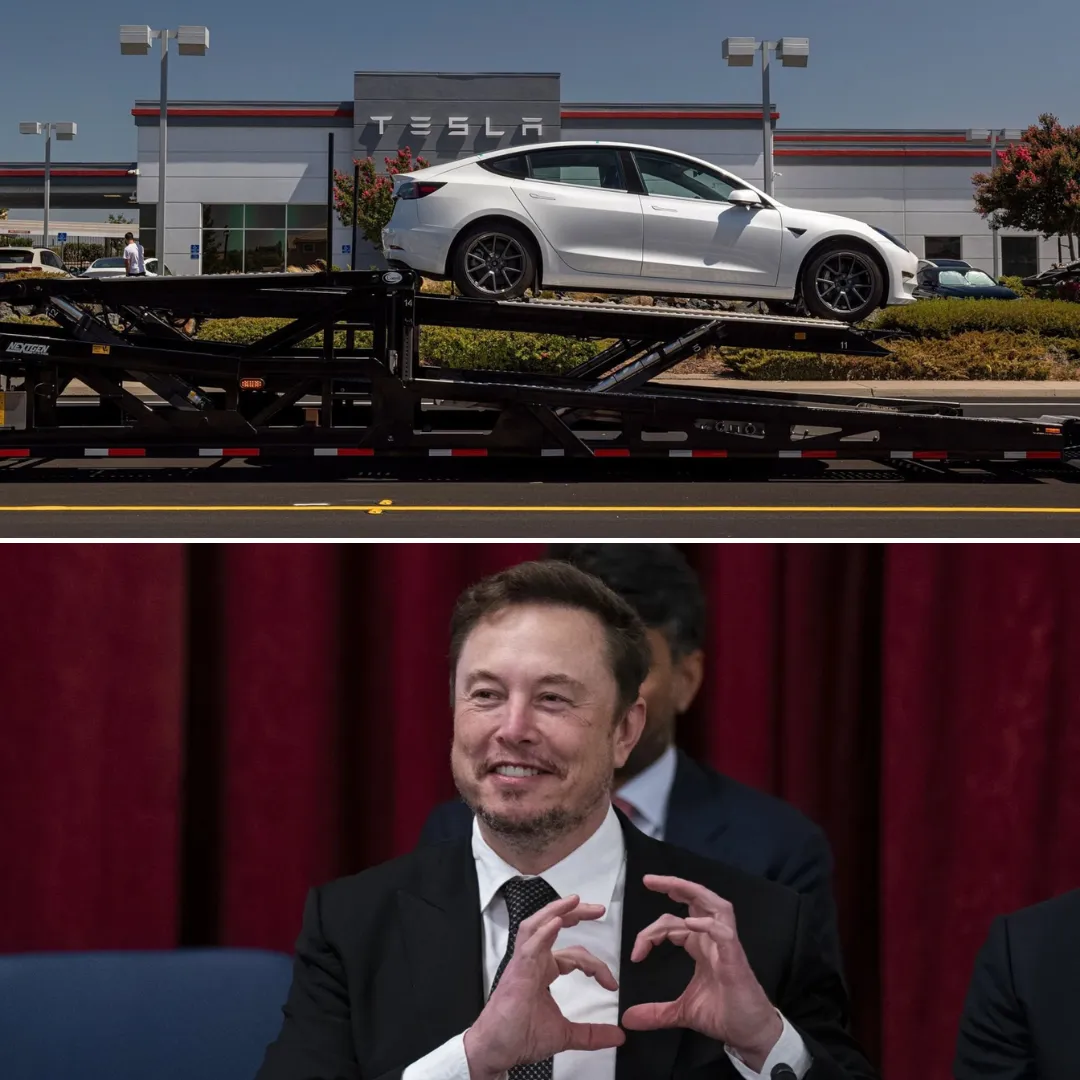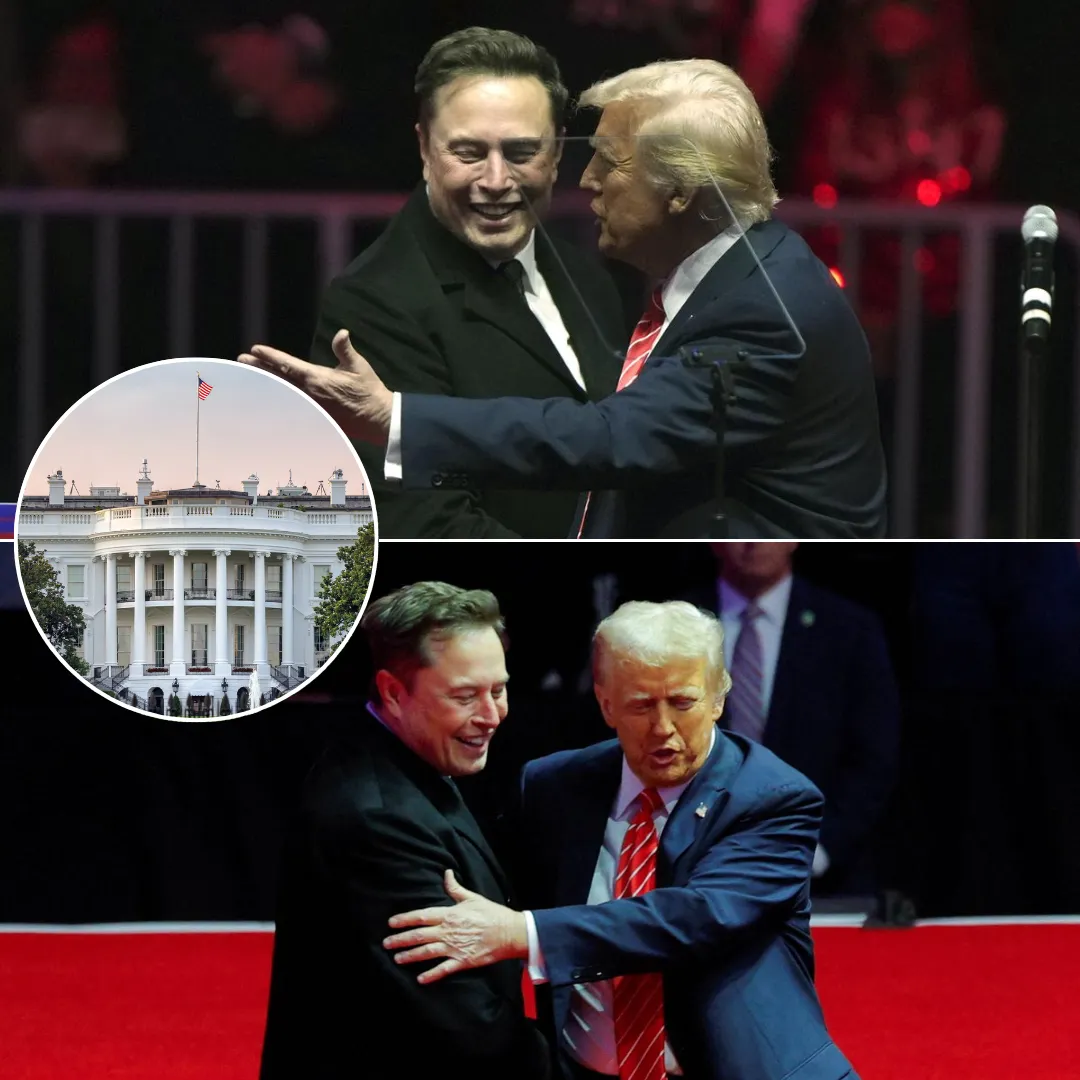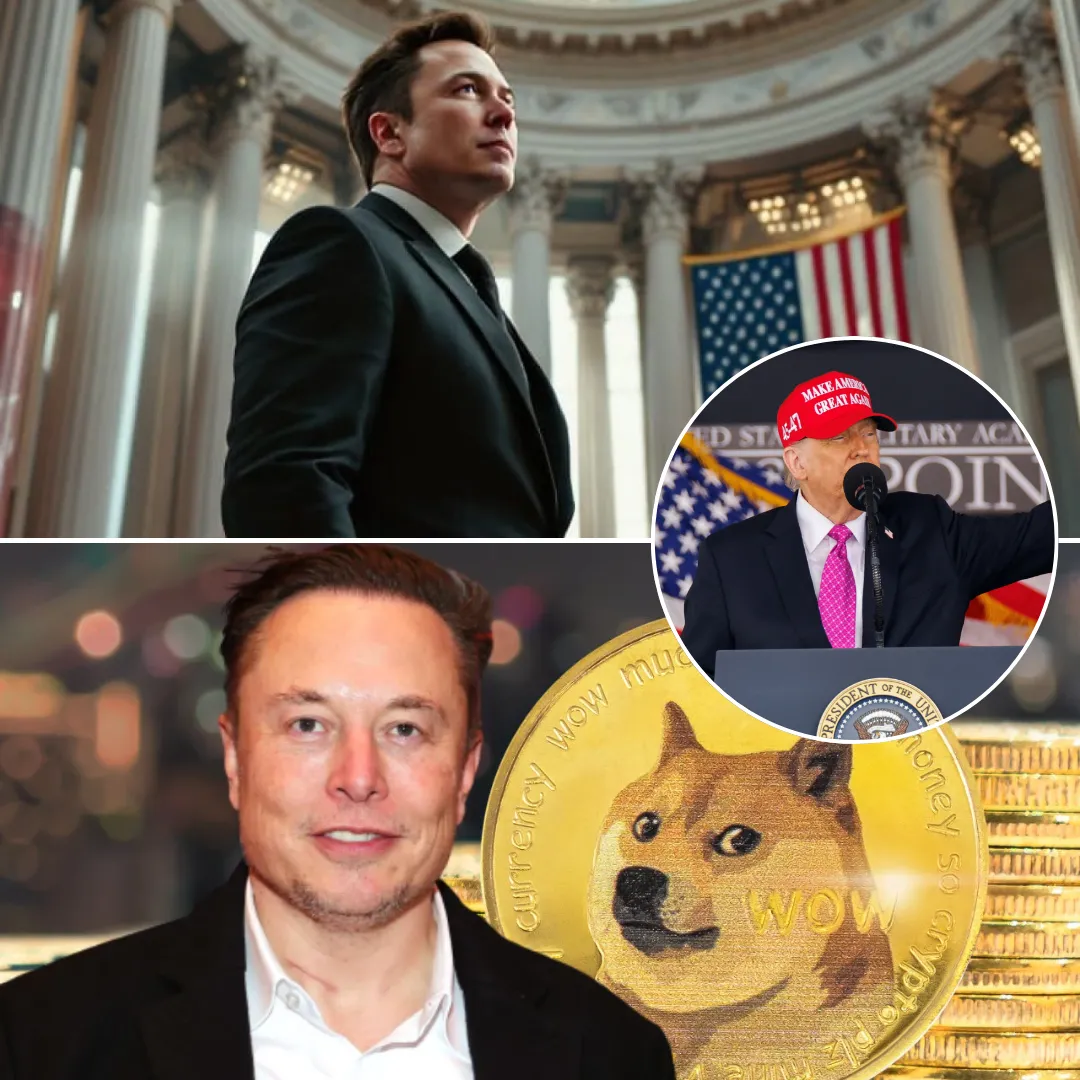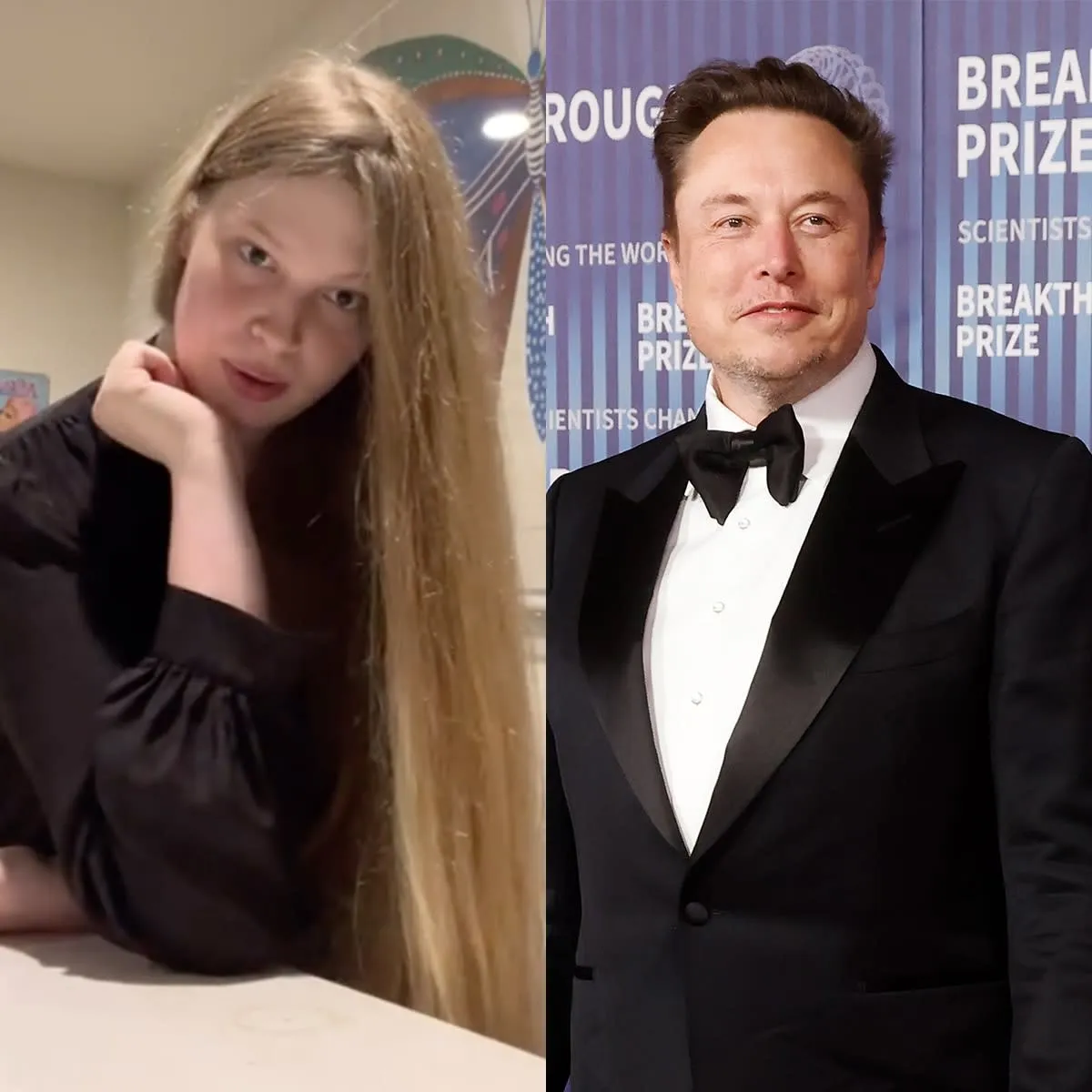
In a corporate saga that has become increasingly surreal, Tesla is considering what could become the largest executive compensation package in global corporate history: a potential payout of up to $150 billion to CEO Elon Musk. This staggering figure comes as the electric vehicle maker grapples with plunging sales, a tarnished brand image, and intensifying scrutiny over Musk’s political entanglements and controversial decisions.
Yet, rather than tightening financial controls or realigning its corporate vision, Tesla’s board appears to be entertaining an even deeper commitment to the world’s richest man—one that may stretch shareholders’ tolerance, legal boundaries, and financial logic to their breaking points.
According to reporting from the Financial Times, Tesla’s board has formed a special two-person committee tasked with re-evaluating Musk’s compensation and possibly designing a new stock-based pay package. The committee, consisting of Chair Robyn Denholm and board member Kathleen Wilson-Thompson, was discreetly formed and only acknowledged in a single-sentence SEC filing last month.
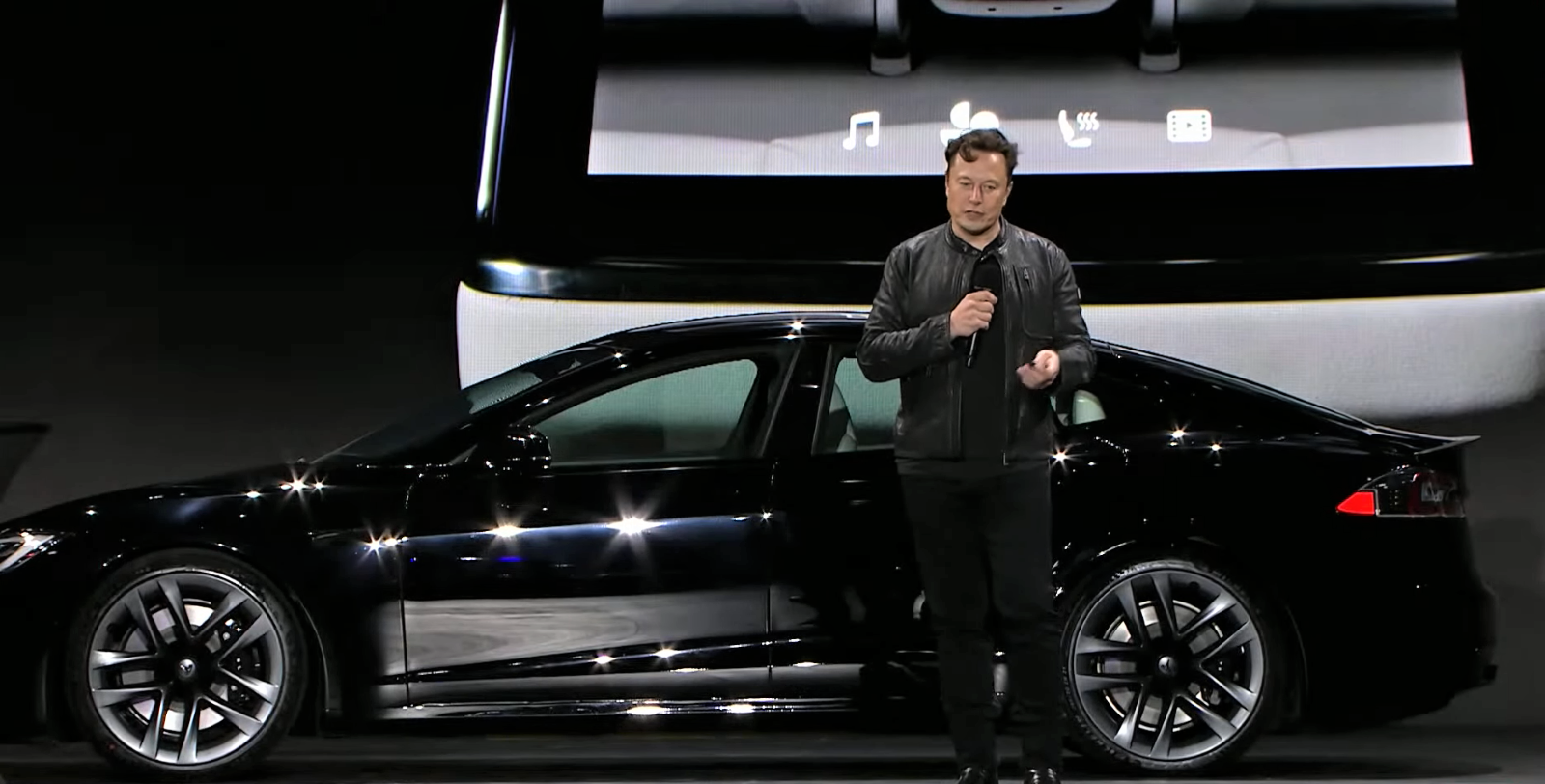
That cryptic disclosure triggered alarm bells among investors, many of whom are increasingly wary of the board’s unwavering loyalty to Musk despite the automaker’s eroding fundamentals.
The discussion of a new pay deal comes in the shadow of Musk’s infamous 2018 compensation package, which was once valued at $56 billion and has since ballooned to more than $98 billion due to Tesla’s meteoric stock price—before plummeting again in the recent tech rout. That deal was blocked in January 2024 by Delaware judge Kathaleen McCormick, who described it as “unfathomable” and “grossly unfair” to shareholders.
She issued a scathing rebuke of Musk’s overwhelming influence on the board and condemned the lack of genuine negotiation or independent oversight during the approval process. Her ruling—reiterated a second time in December—sent the company scrambling for legal recourse, as the matter now rests in the hands of the Delaware Supreme Court.
But Tesla’s top brass appears unwilling to wait. With the 2018 deal effectively void for now, the newly formed committee is evaluating alternatives—not just to reward Musk for his past “performance,” but to secure his continued presence amid growing fears that he could abandon the company altogether. Indeed, Musk has not been subtle in expressing his dissatisfaction.

In May 2024, he openly threatened to shift Tesla’s most valuable AI and robotics technologies to his other ventures, like xAI, unless he received at least 25% ownership in the company. Should the original pay package be reinstated, his current 13% stake would rise to just over 20%, still short of his stated demands.
The financial implications of any new compensation package are mind-boggling. If Tesla reissues a new stock-based plan, the company could face an accounting expense exceeding $50 billion. Furthermore, because the options now have measurable real value, Musk himself would be hit with a 57% tax bill, potentially bringing the total economic cost of the package to approximately $150 billion.
That includes the value of the shares, corporate expenses, and Musk’s personal tax burden—a sum that dwarfs the GDP of entire nations and overshadows any executive payout in business history.
What’s perhaps even more jarring is the timing. Tesla reported its first-ever annual decline in vehicle sales last year, and 2025 is already off to a grim start, with a 13% drop in Q1 sales. Consumer sentiment has turned sharply, fueled in part by Musk’s increasingly divisive political persona and his association with the Trump administration, where he holds a controversial advisory role.

Critics argue that his presence has deeply polarized the Tesla brand, alienating liberal buyers who once championed the company as a climate-forward icon. Now, the same brand is often viewed as a symbol of authoritarian tech and ideological extremism.
Meanwhile, product missteps have only worsened the outlook. The Cybertruck, once hyped as a revolutionary vehicle, has been lambasted for its design flaws, impracticality, and underwhelming performance. Worse still, Musk appears ready to stake Tesla’s future on robotaxis—a high-risk, low-visibility segment that remains speculative at best and faces stiff competition from rivals with clearer regulatory pathways and safer track records.
The Tesla board’s loyalty to Musk has long been a point of contention among investors and corporate governance watchdogs. Judge McCormick wasn’t the first to refer to the board as sycophantic, but her legal opinion was the most forceful to date, describing board members as “supine servants of an overweening master.” Financial disclosures only bolster that view.
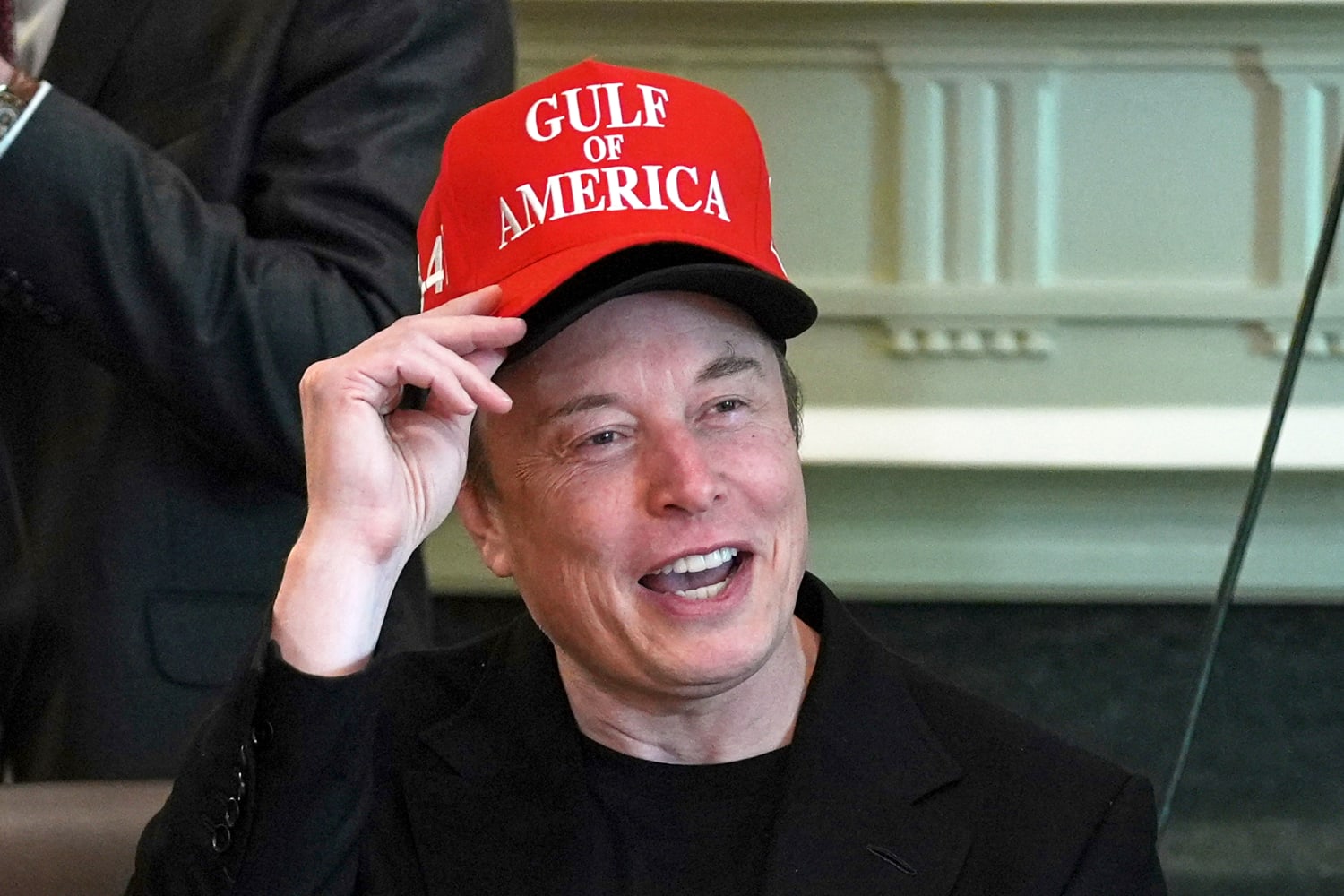
Robyn Denholm, who now leads the board’s compensation review, has reportedly offloaded $198 million in Tesla stock over the past six months and has pocketed more than $530 million since taking the role in 2018—a sum far exceeding the norm for board chairs in other top-tier companies. These figures raise serious doubts about whether board members are prioritizing Tesla’s long-term health or their own financial gains.
Despite all this, there is no guarantee that a new pay package will materialize. As of now, the compensation committee is said to be in the preliminary stages of deliberation, with no binding proposal on the table.
But even the possibility of such a payout has ignited fierce debate among investors, regulators, and the public. Supporters argue that Musk’s vision and risk appetite justify extraordinary compensation—pointing to Tesla’s past growth, its innovation in EV technology, and his ability to attract media attention and investor capital.
Detractors counter that the company’s recent decline, coupled with Musk’s distractions from side ventures like SpaceX, Neuralink, and X (formerly Twitter), make him less of an asset and more of a liability.

For Tesla, the stakes could not be higher. Whether the board chooses to reinstate the 2018 deal or propose a new one, the implications are vast. Financially, a $150 billion payout would stretch the company’s balance sheet, complicate shareholder relations, and potentially incite regulatory scrutiny.
Symbolically, it could signal that Tesla is a company where corporate governance takes a back seat to one man’s ambition.
For Musk, it’s a power play—one he’s won many times before. But this time, the backlash is louder, the risks are greater, and the spotlight is more intense. In an era where executive accountability is under global examination, Tesla’s next move may not just define Musk’s future—it may determine the very credibility of the modern tech-industrial complex.
And so, in the most ironic twist of all, Tesla’s once-glorious mission to save the planet may now hinge on whether it pays its CEO enough to stay interested. In a world where billions are no longer enough, the future of electric vehicles may depend on the company’s willingness to hand over $150,000,000,000 to a man whose legacy is increasingly as polarizing as it is powerful.
